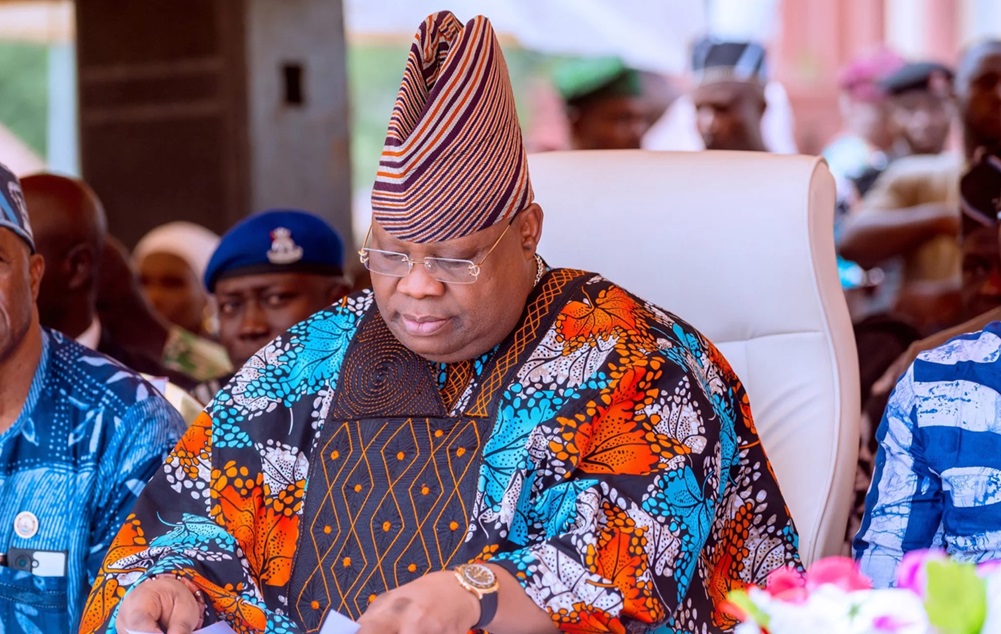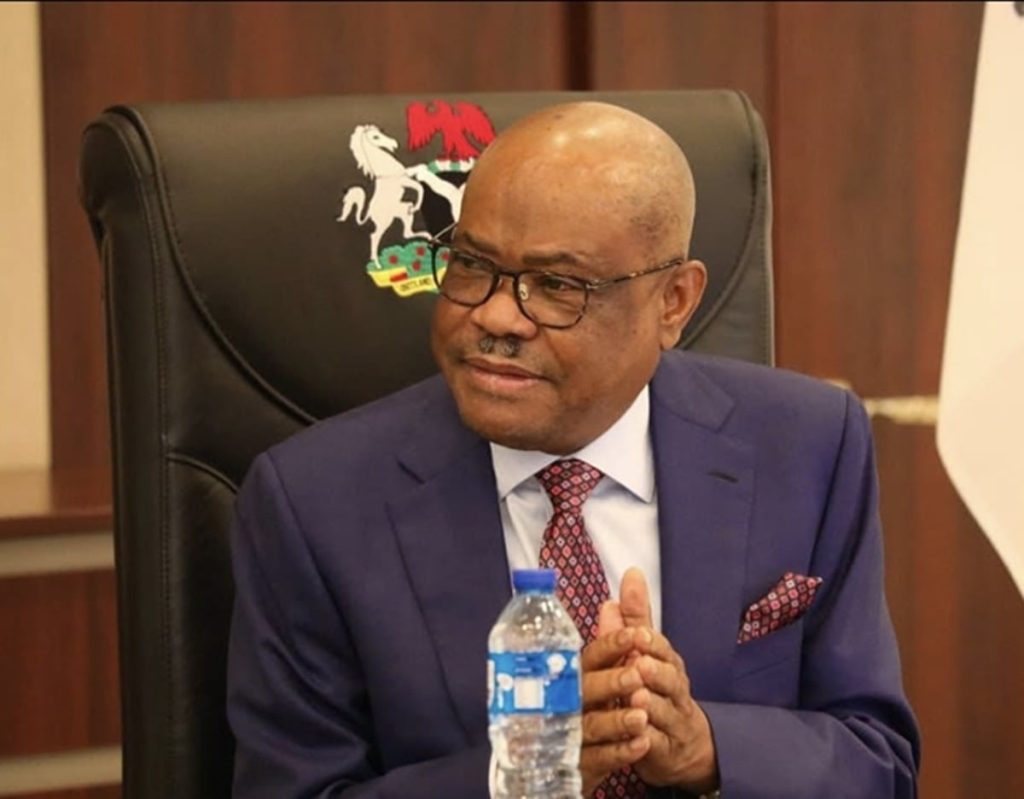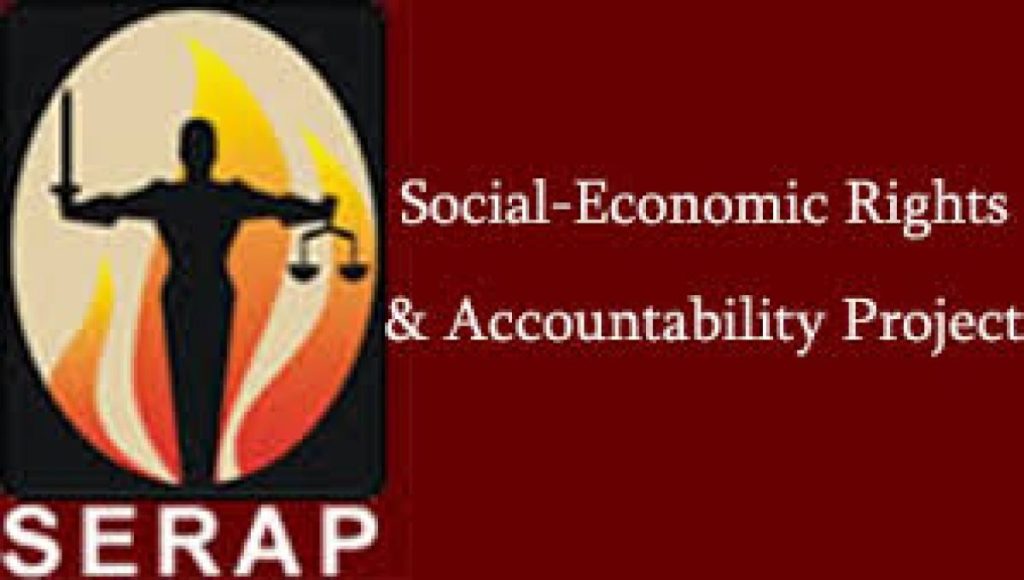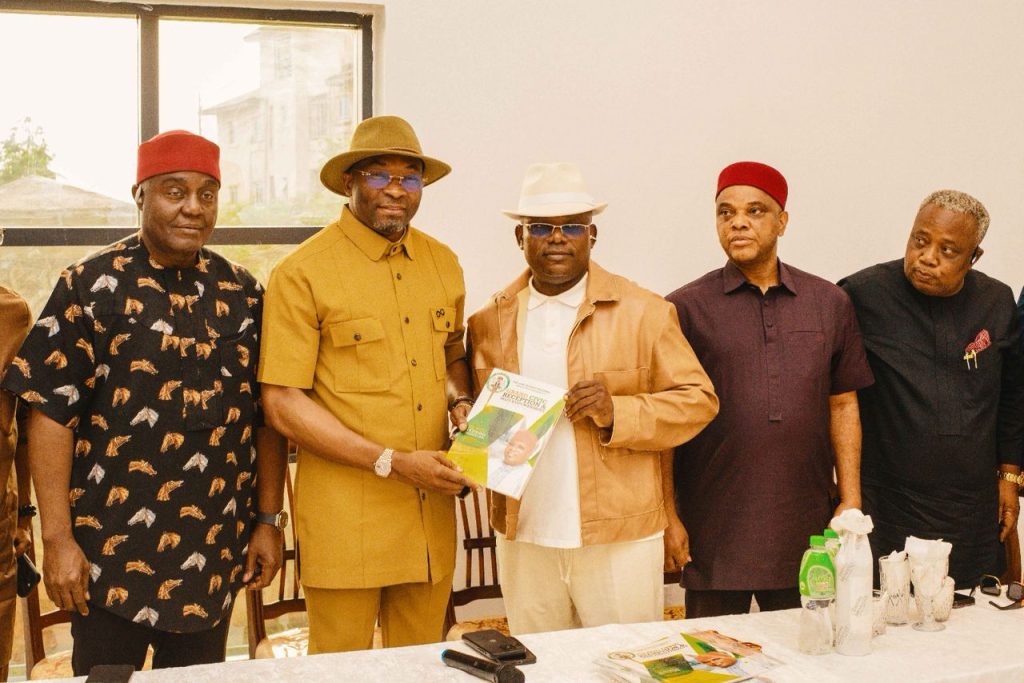Fighting has erupted in southern Lebanon, marking the collapse of a fragile truce and potentially redrawing the region’s balance of power. The Israeli Defense Forces (IDF) launched a series of coordinated strikes on Hezbollah infrastructure in the area, targeting weapons depots, command centers, and communication systems. The operation was preceded by warnings from the IDF, urging residents of several towns to leave areas that could come under fire.
According to Israeli sources, the strikes were aimed solely at military targets, but the possibility of expanding the operation remains if provocations from Hezbollah continue. The Israeli government accuses Hezbollah of violating ceasefire terms and attempting to rebuild its military capabilities. Israeli Prime Minister Benjamin Netanyahu has stated that Hezbollah’s actions pose a threat to Israel’s national security.
The escalation of Israeli strikes against Hezbollah may signal the start of a larger operation aimed at dismantling the group’s capabilities and curtailing Iranian influence in the border areas. Despite a ceasefire agreement reached in November 2024, facilitated by the US and France, the situation in southern Lebanon remains precarious. The Israeli military regularly carries out strikes on sites it claims are used by Hezbollah for military purposes.
Hezbollah’s role and status within the Lebanese state remain a complex and sensitive issue. Some segments of the Lebanese elite seek to limit the group’s influence, while others view it as a guarantor of protection against external threats. For many Lebanese, Hezbollah symbolizes resistance, and dismantling the organization could make the country more vulnerable to Israeli aggression.
The Israeli government insists that the Lebanese government must fulfill the terms of the Israeli-Lebanese agreement by disarming Hezbollah and completely expelling its forces from southern Lebanon. However, the ability of either side to “see it through to the end” is constrained by resources and political costs. The Lebanese government lacks a clear consensus among its elites and the capacity to immediately disarm Hezbollah, while Israel’s decision to embark on another military campaign may exacerbate domestic problems and complicate relations with the international community.
The situation remains extremely tense, with both sides prepared for a prolonged conflict. Hezbollah has demonstrated its ability to regroup and prepare for renewed hostilities, while Israel is signaling its readiness for a new phase of warfare. As the conflict escalates, the international community is watching with concern, and the next steps will be crucial in determining the region’s future.



